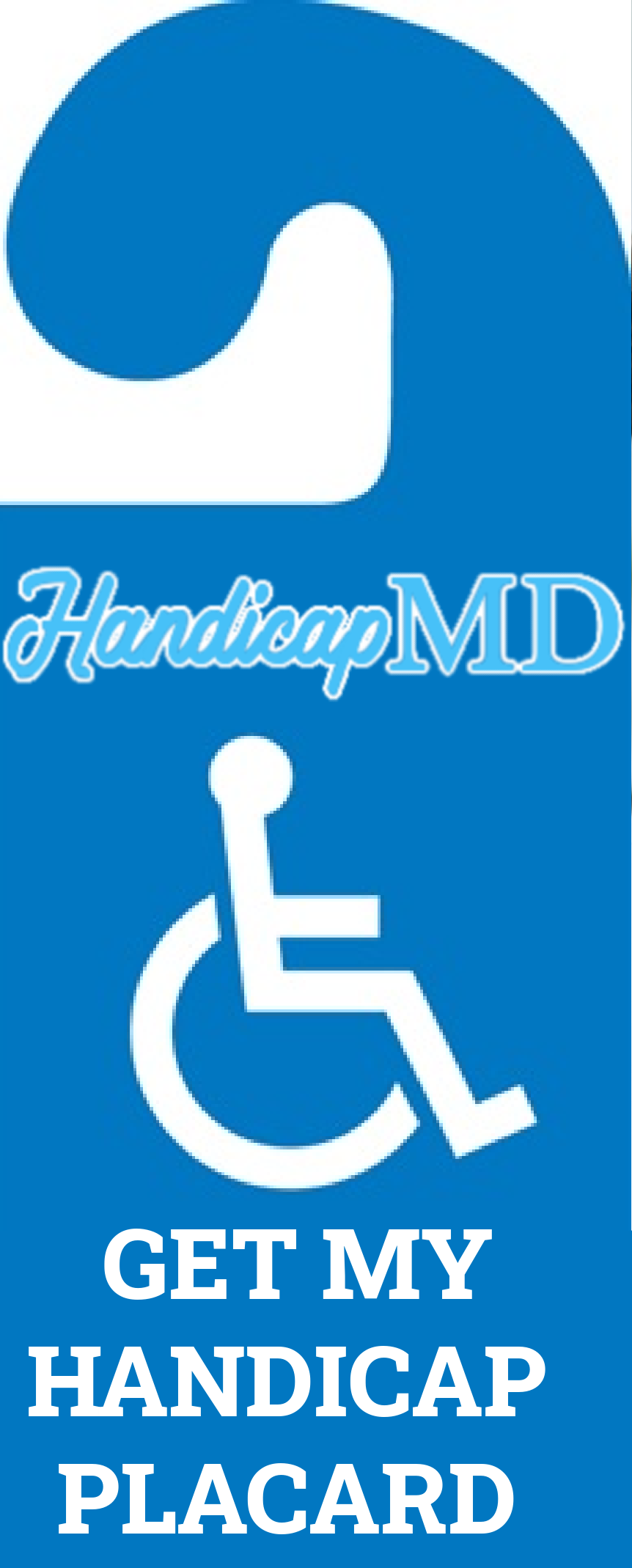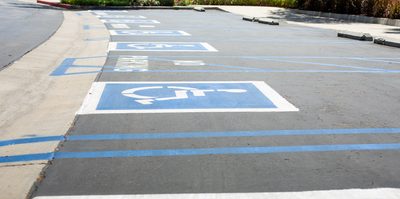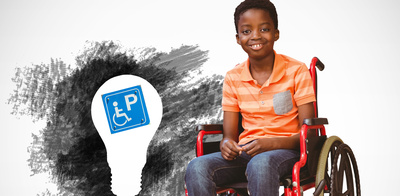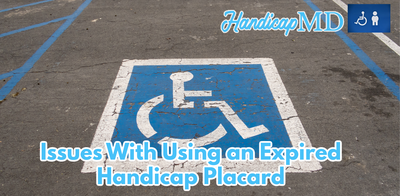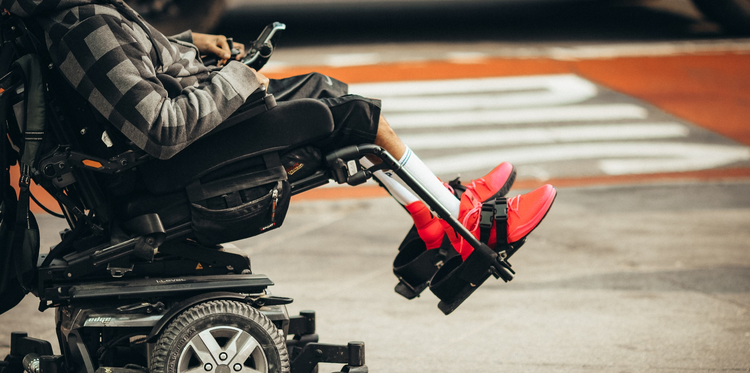
Check Out the Qualifying Conditions for a Handicap Parking Permit: Use of a Prosthesis
The US congress 1990 passed the Americans with Disabilities (ADA) Act. This Act was the country’s first-ever federal or across-the-board law to address the needs of Americans with disabilities. Statistics reveal that 13% of American citizens have registered different forms of disabilities. Thus, it’s essential to understand that the authorities have a law that protects and helps every citizen living with disabilities. Importantly the law has focused on providing accessible parking spots for all disabled drivers. This law requires that 25-space public parking spaces have one designated handicap lot. Furthermore, places like hospitals should increase the number to surpass the minimum requirements.
When applying for the handicap parking program, the law requires you to meet the qualifying conditions, which varies state to state. Despite the variations in the qualifying conditions by state, some general conditions or factors are common across all the states in the United States. You’re certain to qualify for the handicap permit or placard when using a prosthesis for your limbs. Remember that this prosthesis might be for any feet, hands, legs, limbs, and arms. In some states, the authorities accept your handicap applications and issue you a disabled parking permit even if the prosthesis allows you to run or walk for a particular distance. Nevertheless, checking the specific rules in your states will be essential if you’re unsure of them when applying.
Owning a handicap parking badge comes with numerous advantages. You use the permit or badge in your car if you’re a driver. The permit allows you to drive confidently in town, knowing the permit allows you to park in accessible parking lots the law requires of all public parking spaces. Additionally, the designers or authorities set these spots near buildings or facilities to reduce the distance from the car and enhance less taxing. Remember, you may just need the prosthesis to drive the car but prefer moving around on your motorized wheelchair after arriving in the parking lot. Choosing to move around in your motorized wheelchair makes it easier to move around and avoid the discomfort or difficulties that come with wearing the prosthesis. The shorter distance from the parking spots to the facility or building enhances easier transition. The Disabilities Act and program outlines that all designated parking spots should have convenient aisles linking to the facility or building’s entrance to provide a more accessible and shorter distance for disabled drivers.
Furthermore, the law stipulates that all handicap parking spaces should have a minimum width of 96 inches. This width provides adequate space to move around your car and makes it easy to get in and out of the car. You can also unload and load your wheelchair or assistance devices easily.
The handicap parking permit comes in two distinct formats. You can get a license plate authority to mark in a certain way, or you can get the placard, which you have to hang on your car (especially on the rearview) to enhance visibility. Placards are portable, which makes them more advantageous, allowing you to use them in any car, even when traveling in yours. Importantly, you still use this permit, even when traveling as a passenger in your car when someone else is driving. Remember that the law allows you to park in designated parking lots, even if you’re traveling in your family member or friend’s car, as long as you display the placard or permit on the rear mirror after parking. The law produces these permits for parking your vehicle but not driving.
It'll be wise to research or check with your local state authorities to see if you can qualify for the handicap parking permit when having a prosthesis and lose hope in traveling or driving to various places due to the hassle of parking space. Many individuals with prostheses find it going out daunting due to the distance of the parking spaces and the places they are visiting, making it vital to get a handicap parking permit or placard. Remember that with this assistive device, you might not see yourself as an individual with a disability, as it enables you to move and live a normal life. Despite living and moving normally, you can still qualify for the placard or permit to help you in future occasions. This disabled parking badge can make your life very easy to manage.
Applying for an online assessment and evaluation is the best and most straightforward way to apply and get your permit. The online application involves an online assessment from a qualified Dr. HandicapMD in-house physician. This process involves a stress-free and simple evaluation via video or voice call, allowing you to have the assessment and evaluation from the comfort of your home or house. Some state authorities may forego the full medical or body evaluation process when having a missing limb or using a prosthesis for movement. You can take action now to apply via the online process with DR. HandicapMD to check whether you qualify for this important document. The platform offers a quick application process, where the authorities will send you the handicap parking badge if they approve your application.
.png)
